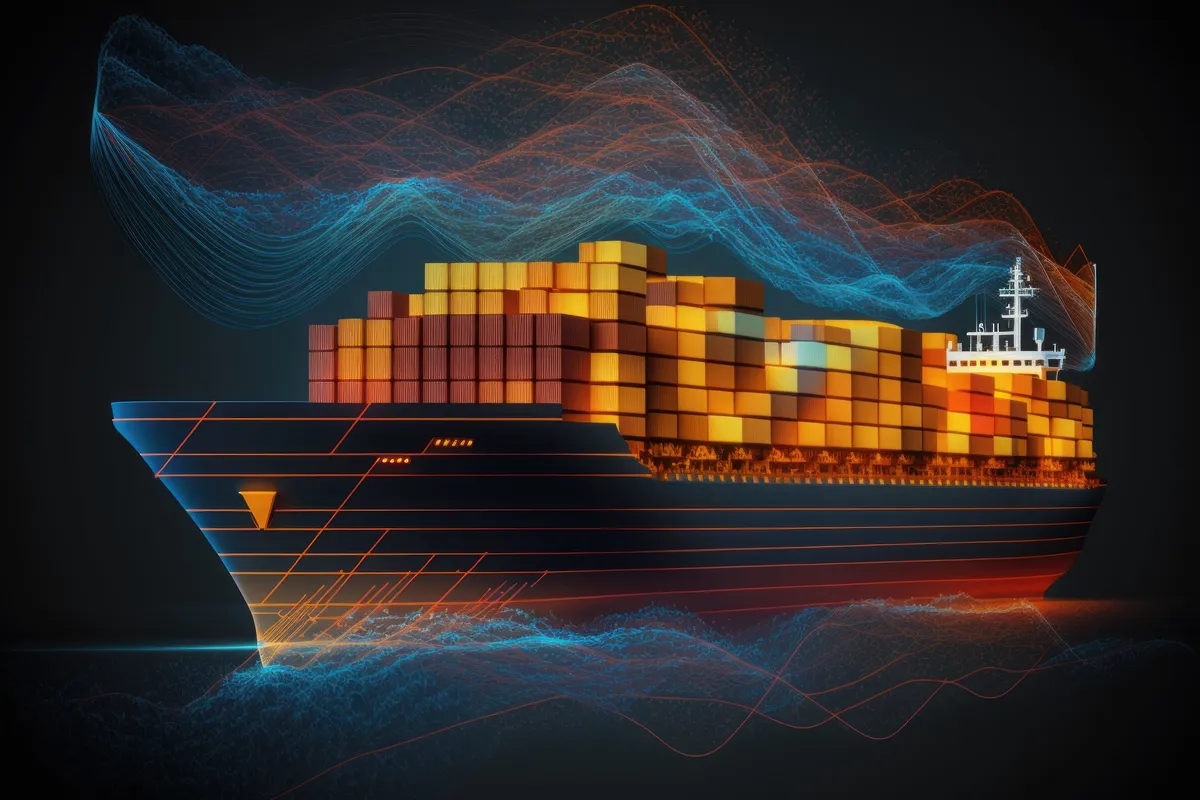The International Maritime Organization published a document submitted by the ICS, that addresses the challenges and concerns regarding the current regulatory framework for ballast water management, particularly focusing on the effectiveness of Ballast Water Management Systems (BWMS) in meeting the D-2 standard. The D-2 standard is an international requirement that sets limits on the concentration of viable organisms in ballast water discharged by ships, aimed at preventing the spread of invasive aquatic species.
Background:
The MEPC has been actively reviewing the Ballast Water Management (BWM) Convention, which regulates the discharge of ballast water to protect marine environments. In recent sessions, the Committee has identified and prioritized several issues related to the effectiveness of BWMS. At the 81st session, it was agreed that ballast water sampling and analysis should occur twice every five years during flag State surveys, specifically during intermediate and renewal surveys.
However, the ICS highlights unresolved issues from the 81st session concerning the rectification of non-compliance with the D-2 standard, such as developing repair plans and obtaining necessary approvals when BWMS fail to meet the required standards.
Key Concerns:
- Effectiveness of BWMS: The ICS expresses significant concern over the failure of ships to consistently comply with the D-2 standard. They attribute this non-compliance not just to operational issues like crew training, maintenance, and record-keeping, but also to the inherent limitations of BWMS when operating under challenging water quality (CWQ) conditions. These conditions may exceed the BWMS’s design capabilities, leading to inadequate treatment of ballast water.
- Challenging Water Quality (CWQ): The document emphasizes that BWMS may struggle with water quality conditions that are particularly difficult, such as high levels of turbidity, salinity, or temperature variations, which can compromise the system's effectiveness.
- Regulatory Amendments and Procedures: The ICS notes that while the Correspondence Group (CG) on the Review of the BWM Convention is working on amendments to various regulations (including those related to sampling and analysis), these amendments focus primarily on operational aspects. The ICS argues that the core issues related to CWQ conditions and the actual efficacy of BWMS under such conditions are not being adequately addressed.
- Interim Guidance: The MEPC has introduced interim guidance (resolution MEPC.387(81)) to address situations where BWMS cannot handle CWQ. This includes the use of Ballast Water Exchange plus Treatment (BWE+BWT) as a temporary measure. However, the ICS is concerned about the effectiveness of these interim procedures and the potential for ships to be penalized despite following all regulatory and best practice guidelines.
Proposals:
The ICS makes several key proposals to the Committee:
- Broader Recognition of Issues: Acknowledge that factors beyond crew training and maintenance, such as CWQ, play a significant role in BWMS non-compliance.
- Review of Interim Procedures: Reevaluate the interim procedures introduced by MEPC.387(81) to ensure they effectively help ships meet the D-2 standard, particularly under challenging conditions.
- Fair Treatment of Ships: Propose that ships should not face penalties if they fail to meet the D-2 standard due to CWQ, provided they have adhered to all necessary procedures, including crew training, BWMS maintenance, and the use of interim measures.
- Feedback Loop for Improvement: Suggest that data from ballast water sampling and analysis during inspections be used to refine and improve procedures related to CWQ, ensuring that the BWM Convention evolves based on practical experience and evidence.
Action Requested:
The document concludes by requesting the MEPC to consider the points raised by ICS, particularly the need for a more nuanced approach to regulatory enforcement that takes into account the limitations of current technology and the challenging environmental conditions that ships may encounter.
LINK TO ACCESS THE DOCUMENT

Sign up for our newsletter
It's free. No spam. Cancel anytime.









Related News
Most important regulatory news published in the last week
Jan 21, 2025
Isle of Man: Key changes to marine casualty reporting
Jan 17, 2025
Updated IMO guidelines for GMDSS radio installations on SOLAS ships
Jan 17, 2025